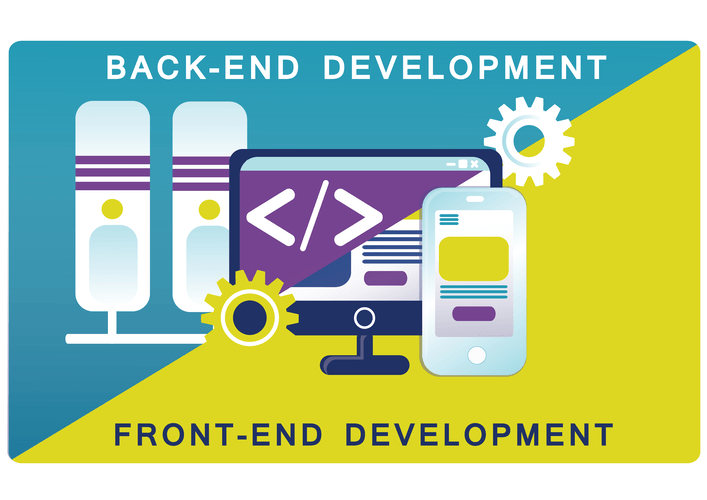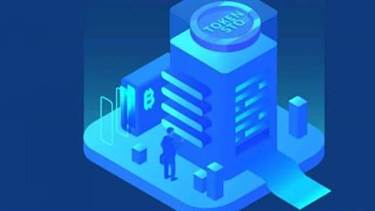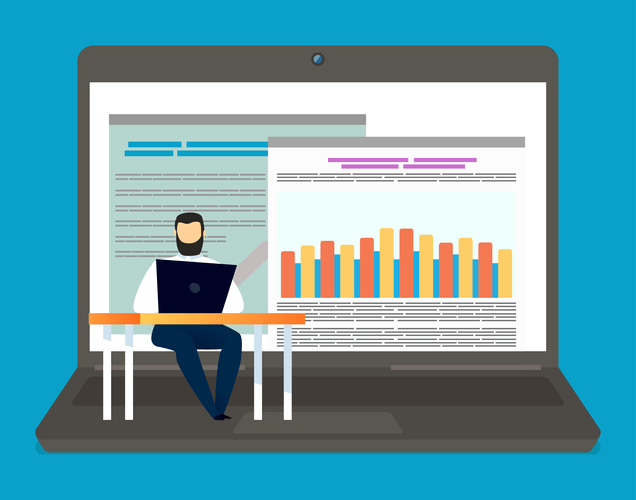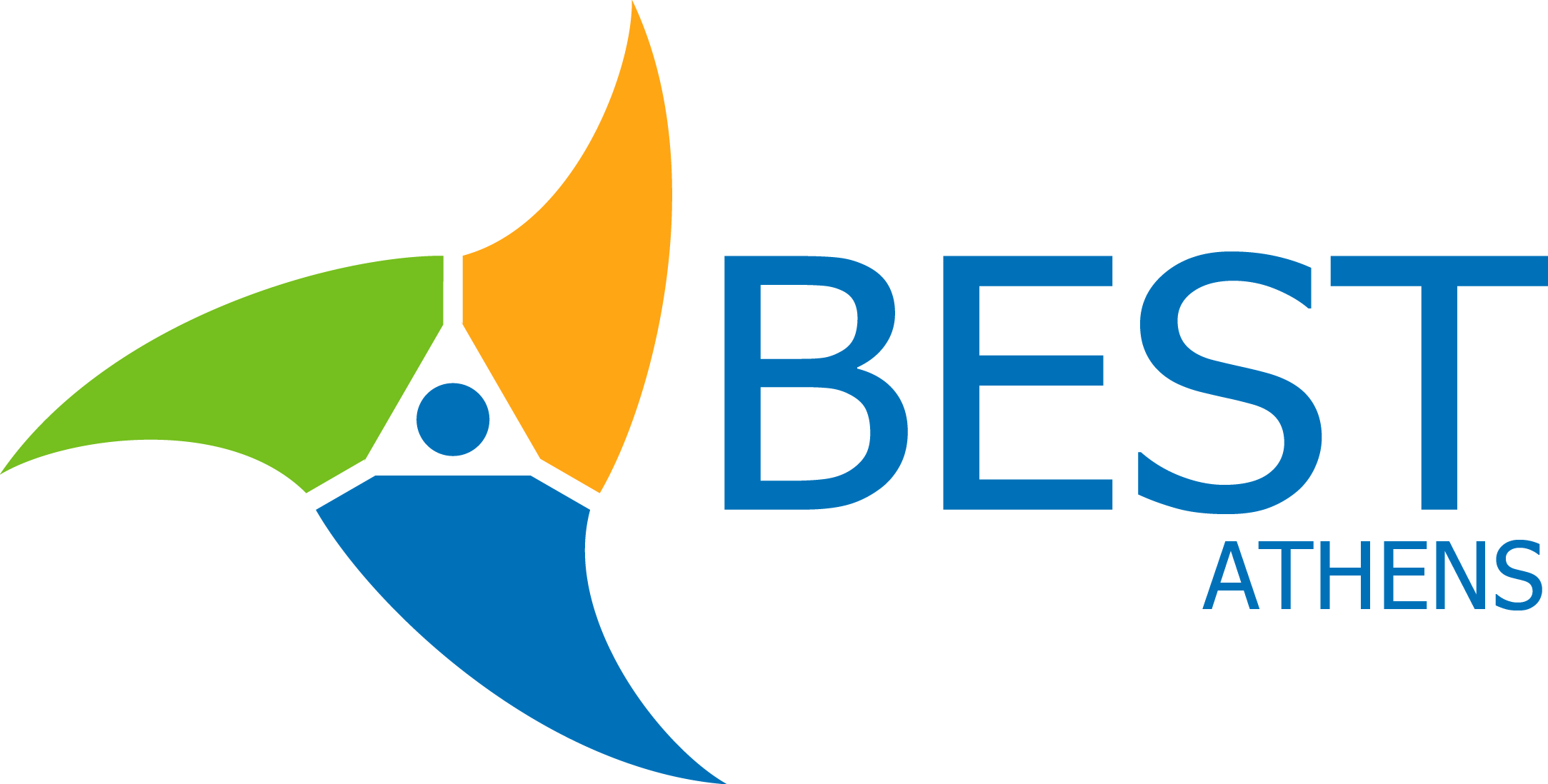Implementing strong security measures to protect the data collected from unauthorized entry, leaks, or breaches. This includes secure storage practices, encryption, and access controls to ensure information is just accessible to approved individuals. In summary, ethical concerns in information assortment are about making certain respect, equity, and responsibility in the way in which knowledge is handled, balancing the wants and objectives of information assortment with the rights and welfare of individuals.
They’re agreeing to allow you to leverage that knowledge as their trusted enterprise provider to raised serve them. Customers who belief you to protect their privacy and knowledge want to keep doing business with you. Matomo ensures you shield the privateness of your web and app customers so you probably can track and enhance your website efficiency with peace of mind. One crucial approach to defend that privacy is by complying with main information privacy laws.
What Are Advantages Of Data Ethics In Business?
You must have protocols, best practices and administration overseeing the new technologies being built to make sure correct data ethics. Addressing ethical concerns entails evaluating the implications of actions in gentle of moral rules similar to autonomy, beneficence, non-maleficence, and justice. It requires considerate consideration and balancing of competing pursuits to make decisions which are morally justifiable and socially accountable. Robust Data Security Data safety is a cornerstone of PromptCloud’s moral strategy. They employ state-of-the-art encryption and safety protocols to safeguard the information they handle against unauthorized entry and breaches.

In apply it can be difficult to implement, as it’s not at all times attainable to know every function prematurely. Being more accountable and making an attempt to keep away from this includes considering critically about each data point you intend to gather. Good apply might be to design your knowledge collection methods in a means that they can’t be reverse engineered to disclose topics.
Excessive knowledge assortment can lead to elevated dangers of data breaches and privateness violations. Privacy by design is an strategy to data safety where privateness options and protections are built in during the design part quite than added as an afterthought. By incorporating privateness and knowledge safety into the design of recent techniques, merchandise, or companies, organizations can help be certain that personal knowledge is protected against the beginning. Finally, by way of applicable knowledge practices, corporations should attempt to promote equitable probabilities.
Best Practices To Follow Ethics In Information Collection
However, it’s critical to do not overlook that privacy, trust, and safety are interconnected, as are legislation and ethics. In the period of big knowledge, organizations have a social responsibility to deal with information ethically. They should steadiness their pursuit of innovation and profit with respect for individuals’ rights and societal well-being. The company takes duty for private data safety, provides transparent privacy insurance policies, and gives users management over their knowledge, permitting them to view, edit, obtain, and delete their data. Microsoft demonstrates its moral strategy to information administration via rigorous knowledge governance. Microsoft’s privateness policy includes rules like accountability, transparency, and user management, showcasing an moral method to data administration.

Withholding or mendacity about your company’s methods or intentions is deception and each illegal and unfair to your data topics. Data ethics are of the utmost concern to analysts, knowledge scientists, and data technology professionals. IBM’s dedication to AI ethics is seen in their rules of transparency and explainability in AI, which states that AI methods should be transparent, and the decision-making means of AI must be explainable. The first step in safeguarding knowledge https://www.globalcloudteam.com/data-ethics-an-introduction-to-the-ethical-use-of-data/ is being clear on how you gather and course of information. Get in touch at present to learn extra about this program or get started with your online software for enrollment. The subsequent article in our series will give attention to the ethics of knowledge storage, with sensible tips you probably can observe.
Data ethics is becoming increasingly vital as organizations rely extra on data analytics and artificial intelligence to drive decision-making. As the digital age continues to evolve, the role of information ethics in shaping a balanced, honest, and human-centric information ecosystem will solely become extra crucial. Minimum viable collection is a technique which relates to the issues of anonymity and intention. This methodology encourages organisations to only acquire the data they absolutely need to ensure a end result they need or a development they goal to know.
Empowering Strategic Decision-making: The Important Function Of Data Architects
The moral responsibility to make sure information accuracy is crucial, as decisions made based on incorrect or outdated info can have adverse consequences for individuals. This includes validating and regularly updating knowledge to maintain its reliability and usefulness. Carefully considering the potential consequences of data extraction and utilization to avoid inflicting hurt to people or groups.
Data ethics is not only an ethical imperative; it also provides sensible advantages for businesses. Data ethics is a branch of ethics that evaluates data practices—collecting, producing, analyzing and disseminating data, both structured and unstructured—that have the potential to adversely impression individuals and society. Obtaining knowledgeable consent from people whose data is being collected is a fundamental moral requirement. This implies that people are made absolutely aware of what knowledge is being collected, for what purpose, and how it will be used or shared.
As moderators or data collectors, we should be sure that all individuals comprehend the knowledge clearly and provides informed consent. The capacity to encode, store, analyze, and share knowledge creates huge alternatives for firms, which is why they are enthusiastically investing in synthetic intelligence even at a time of economic uncertainty. Data and analytics give firms better-informed and higher-probability answers to these and a lot of other questions. Most problems come up from (1) moral failures in data sourcing, (2) utilizing data for functions apart from these initially communicated, (3) lack of safety in storing it, (4) how it’s anonymized, and (5) how it’s prepared to be used.

Thus, businesses should tackle authorized and moral points in data assortment instantly. Every enterprise engaging in data initiatives should look at the ethics of knowledge gathering and the way it is later processed. Decision scientists, market research consultants, or decision-makers in a enterprise must think about moral issues even in the lack of a regulatory framework for their knowledge assortment tactic.
What Is Moral Considerations In Knowledge Collection?
The project faced significant backlash because it became public information that Google was gathering healthcare information from a vast number of individuals without their information or explicit approval. This contains making clear and simply accessible information about their information assortment and usage methods out there. There must be privacy rules and permission strategies in place to ensure that individuals perceive how their knowledge might be used and may express informed consent. When moral data practices are at the forefront of the business decisions that you just make, you’ll have the ability to mitigate the danger of these expensive mistakes and hold your group in good standing.

Businesses need to do everything they can to guard their customers’ knowledge and use it ethically. But, to maintain a clean slate in the eyes of your customers and authorities, you have to ensure you have robust information ethics. If businesses use data unethically, they might get into serious hot water with their customers and even with the law. This cover-up was a transparent violation of knowledge ethics, particularly transparency and accountability, and resulted in several lawsuits and damage to Uber’s popularity. As a result, the project was eventually scrapped, serving as a poignant reminder of the necessity to strike a delicate stability between technological development and ethical dealing with of knowledge. This incident highlighted the growing importance of considering ethical concerns alongside innovation in such ventures.
Mitigating Legal And Compliance Risks
Ethical implications refer to the potential penalties or impacts of actions, choices, insurance policies, or practices on moral principles and values. These implications concern how decisions affect the well-being, rights, and dignity of individuals and communities, and whether they align with or violate moral requirements and norms. Incorporating these rules into their information practices might help companies navigate the advanced landscape of knowledge ethics. By doing so, they can’t solely guarantee regulatory compliance but additionally construct belief with prospects and stakeholders, making a sustainable and moral information tradition. Regularly reviewing and updating privacy and knowledge governance practices might help organizations determine and handle potential privateness dangers before they turn out to be an issue.
If collected and managed ethically, knowledge can deliver vital value to many capabilities of an organization, together with monitoring informative metrics, honing advertising campaigns, improving the client experience and more. Thank you for being part of the Inbuilt Data group, the place we’re dedicated to promoting ethical information practices that drive each business success and societal well-being. As companies increasingly depend on algorithms for decision-making, issues about bias and fairness are entrance and middle. We talk about the importance of auditing algorithms to detect and mitigate bias, guaranteeing that data-driven choices are equitable and simply. In today’s digital age, information is commonly touted as the new oil, fueling innovation, effectivity, and progress across industries.
- Also think about the fact that belief is one of the most precious model property that your company can have.
- Another crucial factor to maintain in mind in relation to moral information practices is accountability, which refers to a company taking duty for every little thing that occurs to a client’s information after they’ve collected it.
- Join us in exploring these crucial matters and achieve insights into how businesses can navigate the moral waters of information to foster belief, innovation, and responsible development.
- When your customers, visitors, or clients enter your sphere of affect and you begin collecting data on them, you are liable for maintaining that knowledge private.
- Microsoft demonstrates its moral approach to information administration via rigorous data governance.
For instance, firms like Facebook and Google have confronted billions in fines for violating data safety laws, showcasing the severe monetary and brand image repercussions of not adhering to moral data collection standards. Data assortment with permission, strong safety measures, increasing openness, correcting prejudices, and selling equal opportunities are all examples of responsible knowledge practices. Prioritizing information ethics permits enterprises to traverse the complicated world of data-driven know-how whereas upholding moral norms and defending the rights of individuals. Finally, a dedication to data ethics just isn’t only essential for organizational success and longevity but in addition for sustaining the ideals of privateness and duty in today’s digital environment.
This principle is vital for sustaining the trustworthiness of information systems and for ensuring that selections made primarily based on information are sound and justifiable. Collecting only the data that is essential for the specific objective it is being collected for, somewhat than gathering as a lot data as potential without a clear need. This precept helps to mitigate potential privacy dangers and reduces the chance of misuse. While the moral use of data is an everyday effort, knowing that your knowledge subjects’ security and rights are intact is well worth the work. When handled ethically, knowledge can enable you to make selections and drive significant change at your group and on the planet.
Respecting privacy means acknowledging and defending individuals’ rights to control their private information. This entails not only complying with privacy laws but additionally going beyond authorized necessities to make sure that knowledge assortment and processing are carried out with genuine respect for individuals’ autonomy and preferences. Ensuring the safety of collected knowledge is an ethical crucial to protect people from potential hurt, such as identification theft or privacy breaches. This involves implementing applicable technical and organizational measures to safeguard data towards unauthorized access, disclosure, alteration, or destruction.

No responses yet